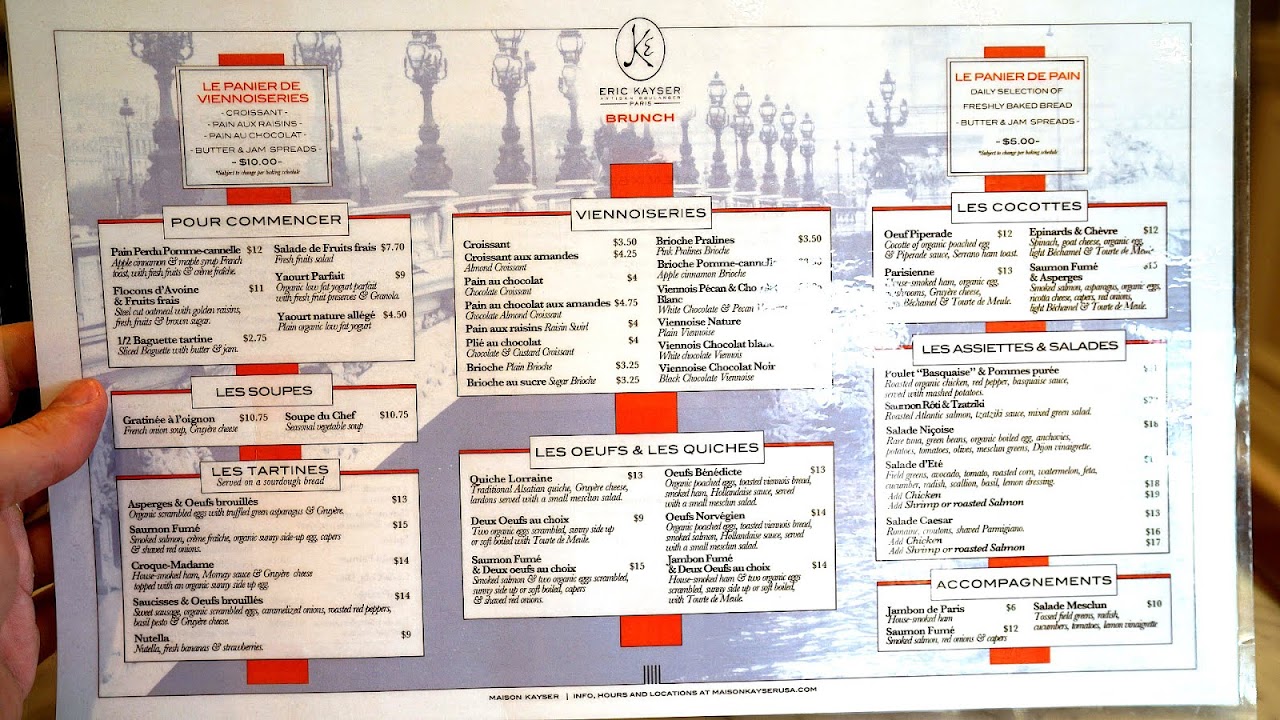
À la carte /?:l?'k?:rt/ is an English language loan phrase meaning "according to the menu." It was adopted from French in the early 19th century and refers to "food that can be ordered as separate items, rather than part of a set meal."
The phrase is used in reference to a menu of items priced and ordered separately, which is the usual operation of restaurants. That is in contrast to a table d'hôte, in which a menu has limited or no choice of items and is served at a fixed price. It may also be used to order an item from the menu on its own: a steak without potatoes and other vegetables is steak à la carte.

Maps, Directions, and Place Reviews
History
The earliest examples of à la carte in writing are from 1816 for the adjectival use ('à la carte meal', for example) and from 1821 for the adverbial use ('meals were served à la carte'). These pre-date the use of the word menu which came into English in the 1830s.

Other uses
More broadly, the term is not exclusive to food. Today, it can be used in reference to things such as television. To watch television à la carte refers to paying for a provider where the viewer can choose from an option of programs to watch (i.e. Netflix or HBO), instead of watching from set programs.
Source of the article : Wikipedia


EmoticonEmoticon